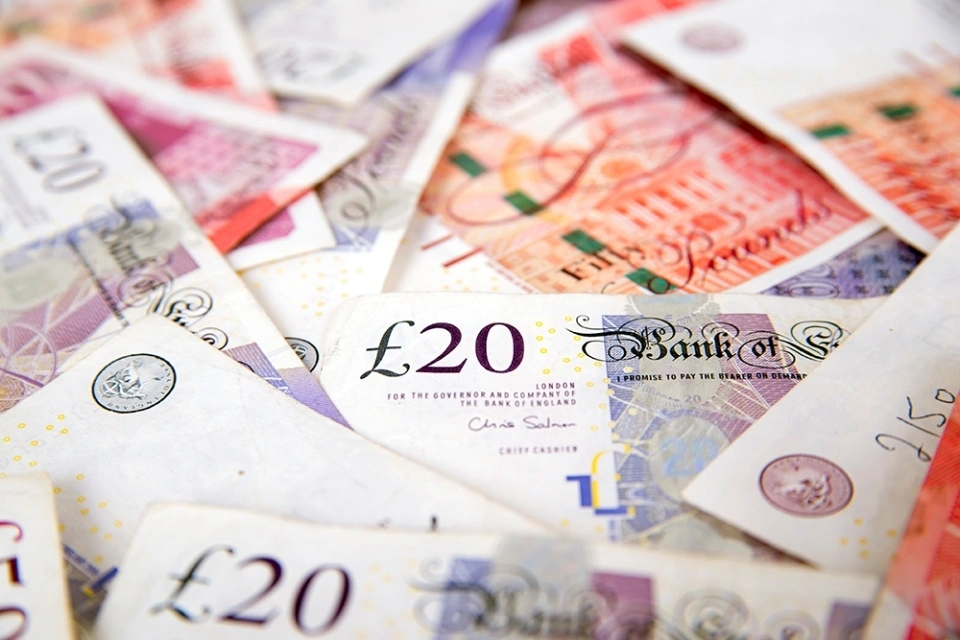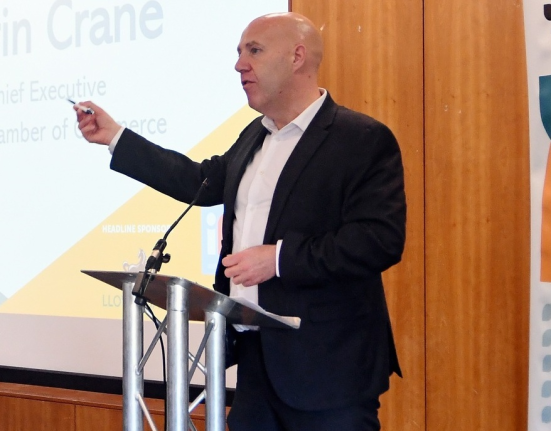UK consumers slash spending amid global uncertainty
British households have cut back their spending more than any other G7 nation since the pandemic as high interest rates, rising living costs and economic anxiety drive families to save rather than spend.
New data shows UK household spending has risen just 1 per cent in real terms since 2020 – and actually fallen 3 per cent per person – even as inflation pushed up nominal spending. By contrast, spending per head has surged 12.7 per cent in the US, 5 per cent in Japan and 3.2 per cent in Italy.
The figures paint a stark picture of caution in a country once famed for its consumer confidence. Household spending accounts for around two-thirds of UK GDP, yet since Covid, Britons have turned unusually frugal, confounding economists and policymakers.
Saving over spending
While disposable incomes have grown modestly after adjusting for inflation, much of that extra cash has not made it into the tills. The UK’s household saving ratio – the proportion of disposable income set aside rather than spent – rose to 10.7 per cent in the second quarter and has stayed above 10 per cent for a year, almost double the pre-pandemic average of 5.6 per cent.
Economists say the shift began when the Bank of England sharply raised interest rates in 2022, prompting wealthier households to move spare cash into high-interest savings accounts, while those with mortgages cut back to cope with soaring repayment costs. But many expected this to ease as inflation cooled.
“It should be fading,” said Paul Dales of Capital Economics. “Instead, it looks more like a structural shift. People want a bigger safety net.”
The bank’s dilemma
For the Bank of England, the trend poses a growing policy challenge. Monetary policymakers had expected consumers to start spending again once inflation fell, boosting growth. But so far, that rebound has not come.
“We have persistently projected the saving ratio to fall, but we are yet to see this play out,” said Catherine Mann, a member of the Bank’s rate-setting committee. She described the uncertainty over consumer behaviour as a “large judgment call” in forecasting the path of UK GDP.
Deputy governor Clare Lombardelli warned that demand could weaken further if the cautious mood hardens: “We have to be very alive to the risks of demand deteriorating. There’s a particular risk in the consumption-savings mix.”
Fear and fatigue
Economists say the restraint reflects deeper scars. The UK has faced a harsher inflation shock than most peers, with prices rising over 20 per cent in two years. Mann suggested that households have simply lost confidence. “The cumulative increase in the price level does not just ‘wash out’ of the consumer psyche when inflation returns to target,” she said.
Others argue the problem runs beyond inflation. Michael Saunders of Oxford Economics said the “scarring” narrative was overstated. “People are worried about jobs, about the impact of AI, about tax,” he said. “The only thing you know about your taxes is they’re going up.”
Demographic shifts are also playing a role. An ageing population tends to save more, while younger people, squeezed by stagnant wages and soaring house prices, are saving aggressively for deposits rather than spending freely.







